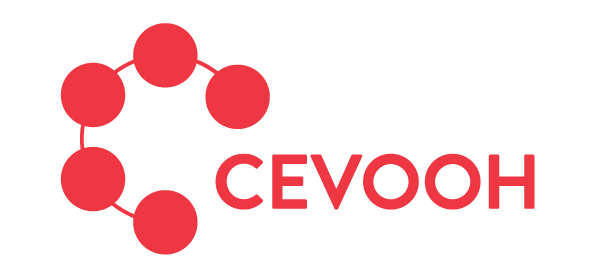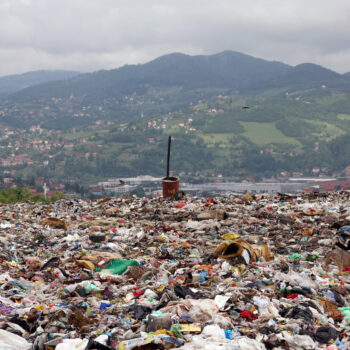
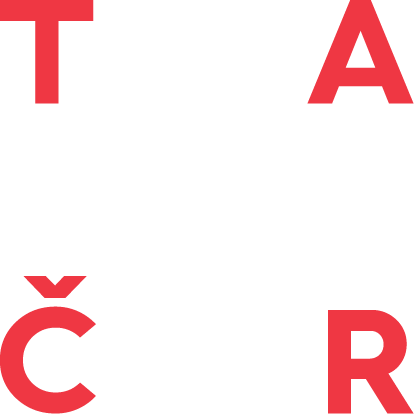

The long-term goal of this WP is to create professional capacities that will provide the necessary know-how to support the production of strategic documents the CR in the fields of circulatory (ObH) monitoring and management and waste management (OH). In addition to its own expertise, the WP also integrates the sub-knowledge of other WPs, with the aim of using this knowledge for systematic planning and analysis at the national level of the CR and consequently lower levels for more relevant outputs and more appropriate targeting of proposed measures. The WP’s activity is based on an effective analysis of the available and collected data of the CR, using advanced calculation (simulation and optimization) tools. The ISOH database will serve as the basic data source on waste generation. Current status analysis and modelling of future development scenarios are conducted with respect to the economy, environmental impacts and social aspects.
This WP’s activities bring together multiple actors, each providing expertise in a defined area:
VUT – develops and applies calculation tools, is responsible for statistical data processing and energy recovery technologies, coordinates the entire work package.
CENIA – provides input data, analyses it, participates in the definition of research objectives and the structure of planned results. It carries out expertise in technical environmental protection, greenhouse gas emissions inventory, integrated pollution prevention and control, including assessment of the use of best available techniques (BAT) and information from the field of environmental impact assessment (EIA/SEA).
ALL – integrates environmental impact issues (expertise in LCA analyses) and contributes to discussion of circular economy efficiency indicators.
CHP — guarantees expertise for material recovery and thermal degradation technologies.
UK CORU – developing and applying circular economy efficiency indicators.
MUNI – conducts impact assessments of concepts and strategies from the perspective of the municipal economy.
The WP’s task is to expand significantly the possibilities of analysis and interpretation of available collected data on OH. The available data will be analysed in detail and systematically using unique calculation tools (including statistical analysis methods and operational research), leading to more detailed information on the functioning of the OH and ObH system in the Czech Republic. The solution team will synergize the DMS Long-Term Intersectoral Cooperation project “Strategic Partnership for Environmental Technologies and Energy Production” reg. No CZ.02.1.01/0.0/0.0/16_026/0008413″ (2018-2023). The DMS project focuses on oriented fundamental research at TRL level 1 to 3 (before application research) and is addressed by the VUT in collaboration with the ANCHP and other partners. The WP aims to apply modelling knowledge and its implementation to address specific needs of the LRU as an application guarantor.
In the area of monitoring the status quo, data analysis will be performed on selected waste groups and a reconstruction of the waste stream in the Czech Republic will be subsequently calculated, which can be considered as a kind of MFA (material flow analysis). Knowledge of the flow of matter will be complemented by analysis of the environmental and economic impact indicators – emissions from the system’s key installations (transport, landfill, energy use – synergy effects).
At the same time, the WP will represent a long-term and systematically focused platform for expertise in monitoring the development of OH and its transition to the principles of circular economy in the Czech Republic and consequently the effectiveness of the implemented measures (including modelling their effects in the future) in context (ObH). This is an important area at the EU level and in general of the international obligations of the Czech Republic, where a great effort is being made to identify and select groups of indicators for monitoring circularity, including evaluating the efficiency of waste recovery and secondary raw materials as a fundamental pillar of the national economy.
An integral part of the OH and ObH analyses is the production and waste management forecasts. In the area of waste forecasting, WP will build on the activities of the TIRSMZP719 project to forecast waste generation and determine the composition of municipal waste (2019-2021).
In the area of analysis of the future state of management, the main focus is assumed to be on municipal waste and its sub-streams, which constitute the most significant type of waste in relation to the need to create capacity for its treatment in the period following the application of significant landfill restrictions. The analysis will be based on the status quo and possible scenarios for future development will be modelled showing how the different approaches and concepts will lead to the achievement of the EU’s objectives based mainly on CEPs (contributions to the implementation of the waste hierarchy).
The attributes of the proposed solution/approach are:
The proposed solution takes into account the possibilities of regions, or national targets translated into targets at the level of lower territorial targets, where there is great variability between them and the application of undifferentiated solutions could have negative consequences
Current state-of-the-art on key technologies used by systems is monitored.
The logistics of waste (cost and impact on quality of life) are already taken into account at the conceptual planning level.
| Principal Investigator |
|
| Co-Investigators |
|
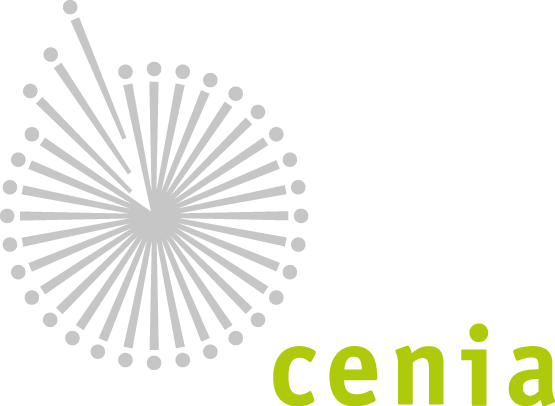
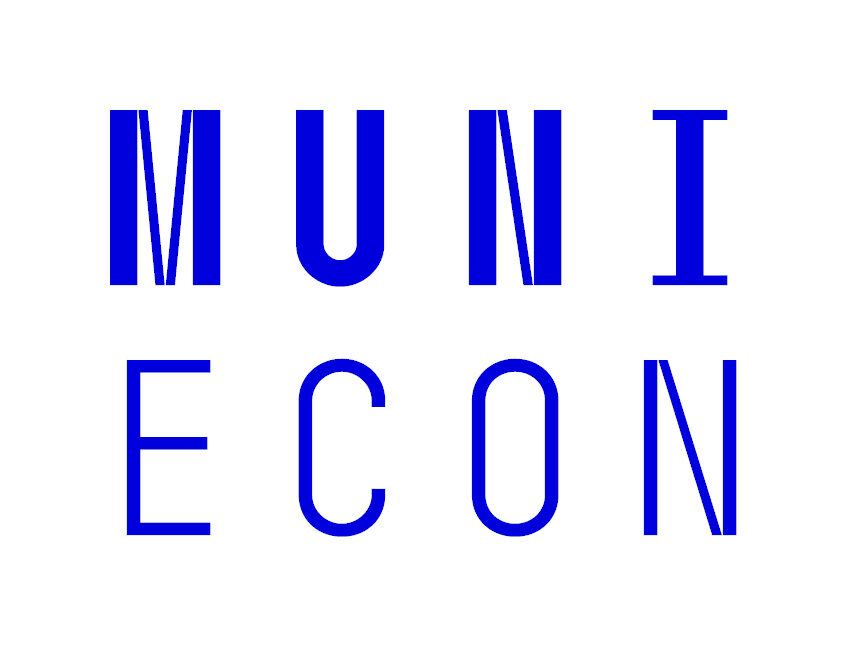


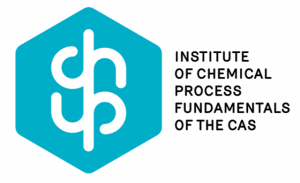

Work Package Publications
1.F - Šomplák R., Pluskal J., Pavlas M., Valta J. - Přístup k modelování toku odpadů na území ČR
Souhrnná výzkumná zpráva
1.F - Šomplák R., Pluskal J., Pavlas M., Valta J. - Analýza stávající sítě v krajích a v ČR
Souhrnná výzkumná zpráva
1.F - Šomplák, R.; Smejkalová, V.; Rosecký, M.; Szásziová, L.; Nevrlý, V.; Hrabec, D.; Pavlas, M. Comprehensive Review on Waste Generation Modeling. Sustainability 2023, 15, 3278
Odborný článek: https://doi.org/10.3390/su15043278
1.F - Pluskal J., Šomplák R., Němcová L., Valta J., Pavlas M.: Mathematical modelling of waste flows and treatment based on reconstruction of historical data: Case of wastewater sludge in Czech Republic
Odborný článek: https://doi.org/10.1016/j.jclepro.2023.138393
1.F - Šomplák R., Pavlas M., Pluskal J., Valta J., Bulková G. (2023): Datová základna pro komplexní modelování stavu odpadového a oběhového hospodářství v ČR
Souhrnná výzkumná zpráva
1.F - Pluskal J., Šomplák R., Pavlas M. (2023): Nástroj pro rekonstrukci vybraných toků odpadů na území ČR
Neveřejný výstup - nelze použít prostřednictvím webových stránek, jelikož uživatel musí mít přístup k datům ISOH.
1.F - Pluskal J., Šomplák R., Pavlas M. (2023): REVEDATO. Nástroj pro rekonstrukci vybraných toků odpadů na území ČR
Souhrnná výzkumná zpráva
1.F - Kovanda J., Pavlas M., Valta J., Korotenko E. (2023): Indikátory pro systematické sledování stavu oběhového hospodářství
Souhrnná výzkumná zpráva
1.F - Smejkalová V, Šomplák R, Rosecký M, Šramková K. Machine Learning Method for Changepoint Detection in Short Time Series Data. Machine Learning and Knowledge Extraction. 2023; 5(4):1407-1432. https://doi.org/10.3390/make5040071
Odborný článek: https://www.mdpi.com/2504-4990/5/4/71
1.F - Rosecký, M., Pluskal, J. & Šomplák, R. Network flow problem heuristic reduction using machine learning. Optim Eng (2023). https://doi.org/10.1007/s11081-023-09838-4
Odborný článek: https://link.springer.com/article/10.1007/s11081-023-09838-4
1.F - Šomplák R, Smejkalová V, Rosecký M, Szásziová L, Nevrlý V, Hrabec D, Pavlas M. Comprehensive Review on Waste Generation Modeling. Sustainability. 2023; 15(4):3278. https://doi.org/10.3390/su15043278
Odborný článek: https://www.mdpi.com/2071-1050/15/4/3278
1.F - Eryganov, I., Šomplák, R., Hrabec, D. et al. Bilevel programming methods in waste-to-energy plants' price-setting game. Oper Res Int J 23, 32 (2023)
Odborný článek: https://doi.org/10.1007/s12351-023-00775-9
1.F - Viktorin A., Hrabec D., Nevrlý V., Šomplák R., Šenkeřík R. (2023): Hierarchical clustering-based algorithms for optimal waste collection point locations in large-scale problems: A framework development and case study, Computers & Industrial Engineering, Volume 178, 2023, 109142, ISSN 0360-8352 (https://www.sciencedirect.com/science/article/pii/S0360835223001663)
Odborný článek: https://doi.org/10.1016/j.cie.2023.109142.
1.F - Jaroslav Pluskal, Radovan Šomplák, Lenka Szásziová, Jerguš Suja, Martin Pavlas, Post-consumer plastic sorting infrastructure improvements planning: Scenario-based modeling of greenhouse gas savings with sustainable costs, Journal of Environmental Management, Volume 325, Part A, 2023, 116567, ISSN 0301-4797 (https://www.sciencedirect.com/science/article/pii/S0301479722021405)
Odborný článek: https://doi.org/10.1016/j.jenvman.2022.116567
1.F - Rosecký, M., Pluskal, J. & Šomplák, R. Network flow problem heuristic reduction using machine learning. Optim Eng 25, 93–119 (2024)
Odborný článek: https://doi.org/10.1007/s11081-023-09838-4
